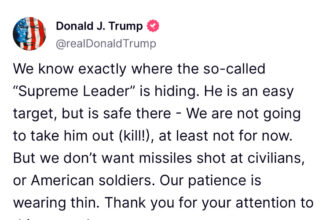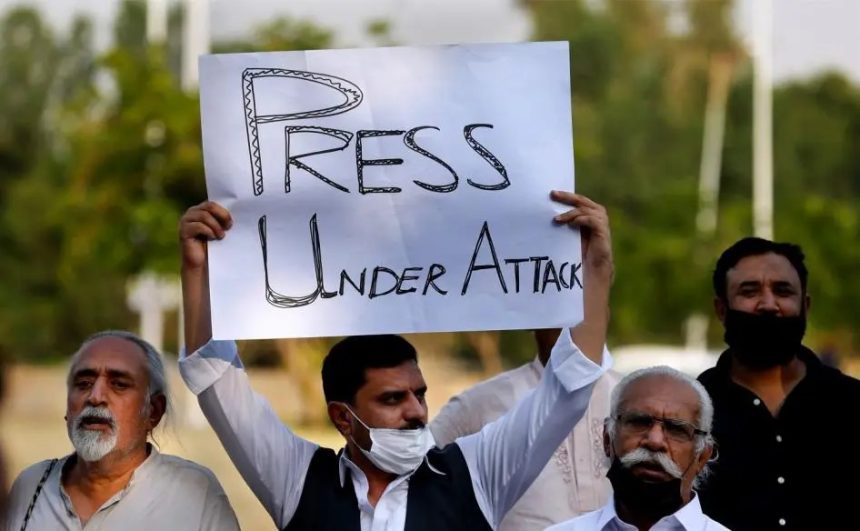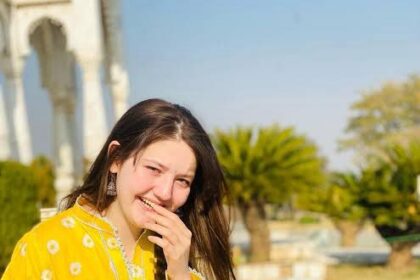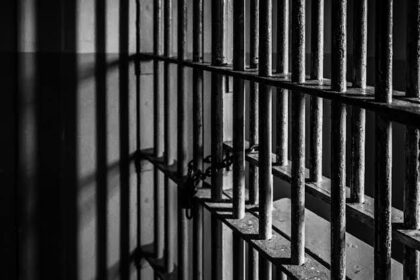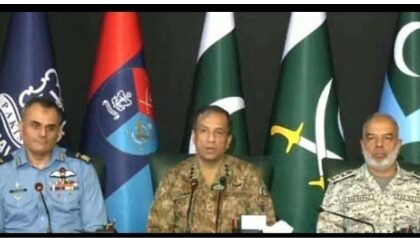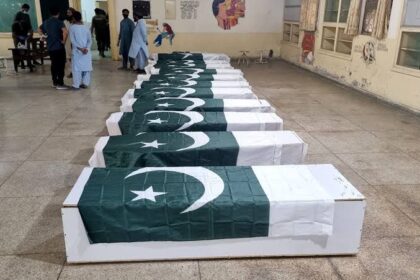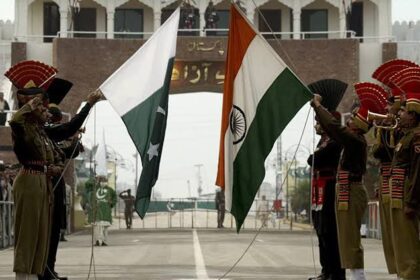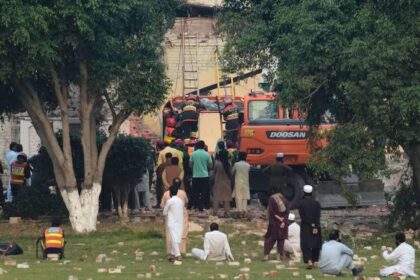When modern society came into being, people entered into a social contract and formed states. People pledged to fulfill certain duties toward their state, and in return, the state guaranteed these individuals their fundamental rights. These rights became a cornerstone of democratic states around the globe. These rights have also been enshrined in the constitution of our country, ensuring its individuals a fruitful, dignified life.
Freedom of speech and expression is one such right that stands as a pillar of democratic values, allowing individuals to raise their voices, express their opinions, challenge the norms, and question the elected groups in power. It also gives the right to hold protests and make a statement about what the people actually stand for. But still, throughout the world, this right is not absolute. It is highly restricted by the constitution of these democratic states. Hence, the question persists: where does one person’s right to free speech end, and where does it begin to infringe upon the rights and dignity of others by shifting into hate speech?
In Pakistan, Article 19 of the constitution provides the freedom of speech and expression. While this article allows the citizens of our country to exercise their fundamental right and feel free to express their thoughts, opinions, and beliefs, a slight look into the constitution itself reveals that this is the most barred and restricted right being provided to us. The restrictions imposed on this fundamental right are diabolical. The limitations are such that one cannot make a statement or engage in any expression that is against the glory of Islam, integrity, security, or defense of Pakistan, friendly relations with foreign states, public order, decency and morality, contempt of court, or commission of or incitement to an offense.
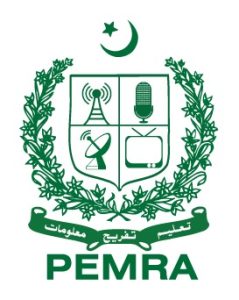
Moreover, these restrictions are not confined only to this particular article but are also embedded in other legislative frameworks. For instance, legislations like blasphemy and defamation laws are essential and crucial to protecting the rights of the public, but their lack of proper regulation turns them into convenient tools for personal vendettas and political suppression.
Similarly, on digital grounds, censorship regulations like the Prevention of Electronic Crimes (Amendment) Act, 2025 (PECA) and the Pakistan Electronic Media Regulatory Authority Ordinance, 2002, tighten the grip on free speech, turning the promise of freedom into a carefully monitored illusion. These laws impose additional curbs on speech, further limiting public discourse.
It is often argued by the proponents of constitutional restrictions that these limitations on this constitutional right are crucial as they create a balance between individual liberty and broader matters of public importance. They are considered essential by state organs for maintaining public order, protecting national security, and preserving religious and social sentiments, as an absolute right to free speech could lead to anarchy in society.
The restrictions are deemed reasonable as they act as a safeguard against harmful speech that can threaten public order, social morality, or national security. Such restrictions are defended on the grounds that unchecked speech can lead to anarchy and violence. The Lahore High Court echoed this view in one of its judgments, ruling, “This freedom, however, does not imply a license to incite violence or to threaten peace and safety.” This reinforces the idea that one’s freedom extends only until it infringes upon another’s rights. Therefore, these restrictions are upheld and continued.
However, the nature of these limitations is often questioned by different factions of society for being unjustified and hindering the democratic values that the actual right to freedom of speech seeks to protect. Power groups often exploit these restrictions and find loopholes to silence those trying to raise their voices against them.
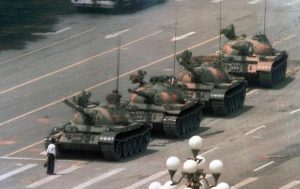
The restriction regarding public morality and the glory of Islam is often exploited by extremist groups in society. The restriction regarding national security and public order has been used by governments to stop criticism against them. Civil society is often on the losing end, as artists—such as writers, filmmakers, musicians, painters, and content creators—face challenges due to these restrictions. Furthermore, this issue is also prominent in the political sphere, where it is becoming increasingly difficult to raise one’s voice against those in power.
Taking this argument into consideration, these restrictions hold ground, as without them, anyone could incite violence, spread hate and misinformation, or falsely accuse others with severe consequences. Such a situation would lead to mob rule and a breakdown of the societal fabric, eventually resulting in anarchy. While these restrictions aim to prevent chaos, critics argue they are often misused as a tool for suppression rather than protection.
Critics argue that with these restrictions in place, this constitutional article feels more like a decoration than a declaration. Adding restrictions that are more subjective than objective leads to the misuse of these limitations by those in power. When subjective restrictions like morality, decency, or public order are included, they lead to vague interpretations that people exploit to take personal revenge or use the legal framework as a weapon against each other, leading to politically motivated cases.
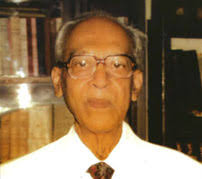
A similar concern was highlighted by Durga Das Basu on the other side of the border, in India, where the situation regarding freedom of speech is identical, and even worse in some instances. In his work Commentary on the Constitution of India, he states,
“Disaffection towards persons in a party government does not constitute disaffection towards the government established by law.”
This principle should be applied to the laws of our country too, as defamation, blasphemy, cyber, and media regulation laws, as well as social media regulation laws, are exercised under the guise of protecting public order, while their real purpose often serves personal interests.
If we look at the situation in other parts of the globe, the United States of America often prides itself as a flag bearer of free speech and a champion of democracy. But in the USA, too, freedom of speech isn’t absolute, as restrictions exist for hate speech, defamation, and incitement of violence. Similarly, in Europe, many countries have imposed stricter limits, such as bans on Holocaust denial in Germany, bans on wearing hijabs in public places in France, and censorship laws in Turkey that restrict freedom of expression. China heavily censors online speech and written media and often restricts discussions on sensitive topics like Tiananmen Square, Taiwan’s independence, or the situation with Tibet and the Dalai Lama.
Hence, even if the restrictions are essential and crucial to protecting the public interest and prima facie seem to do so, these restrictions are overdone and excessive in many ways. Vague definitions and selective enforcement have turned this constitutional right into a regulated privilege, often leading to its suppression. Therefore, stronger legislation and stricter regulation are needed to avoid any misuse of these laws and to safeguard freedom of speech as a pillar of democracy.



